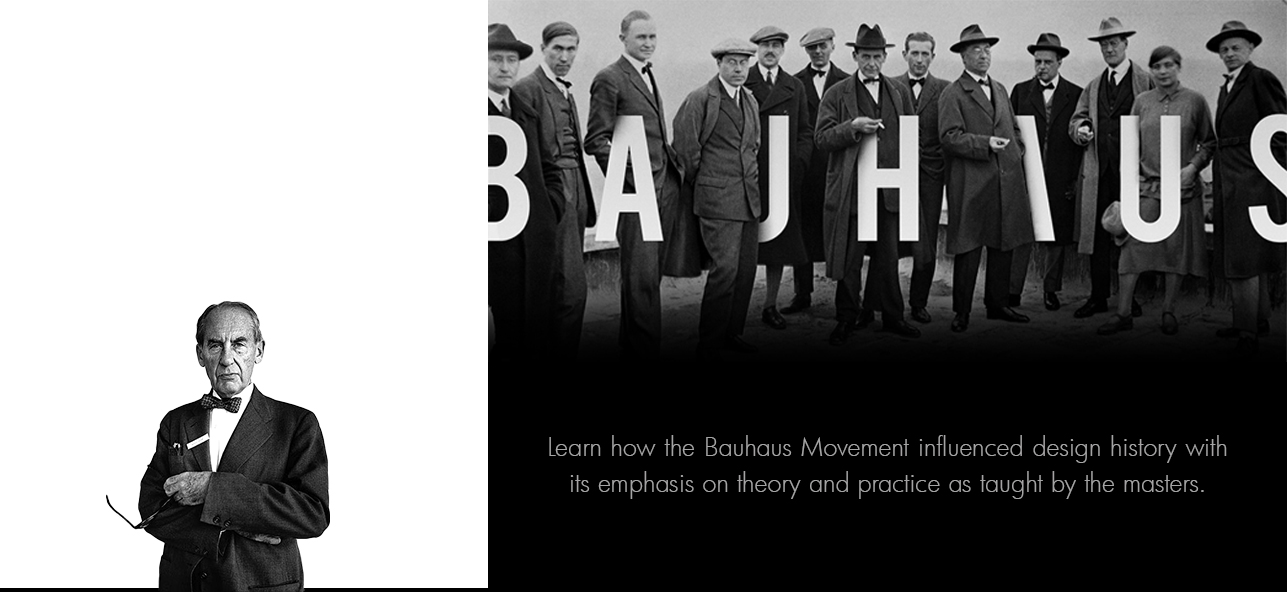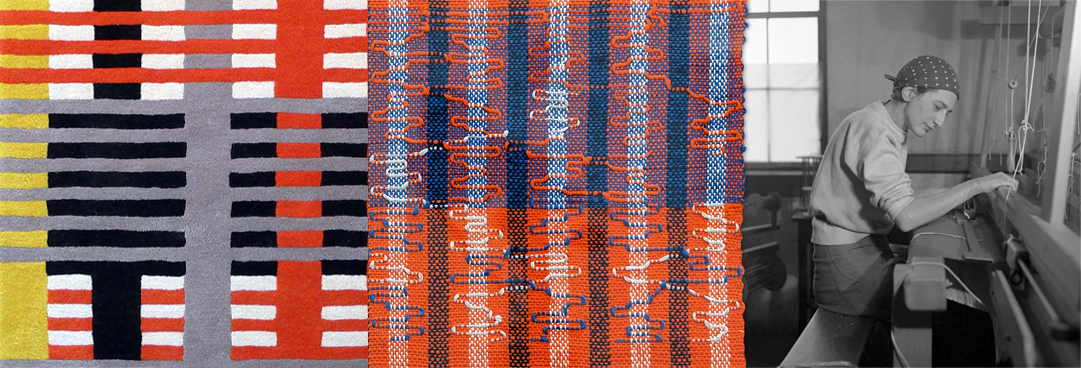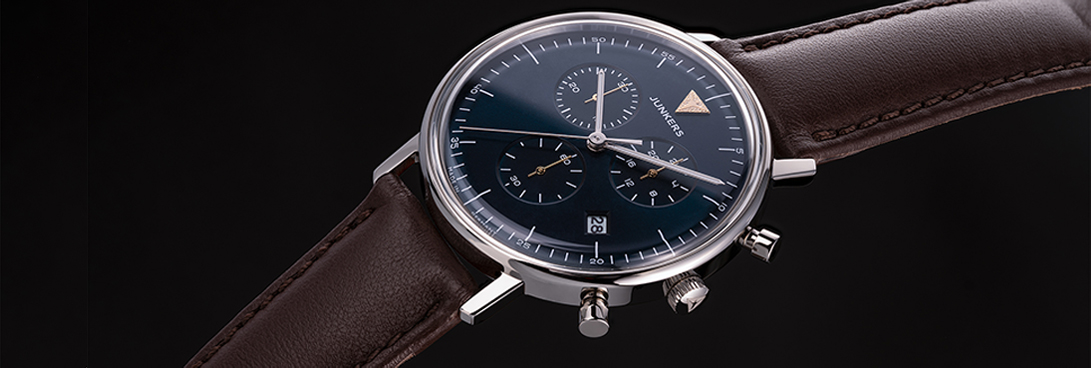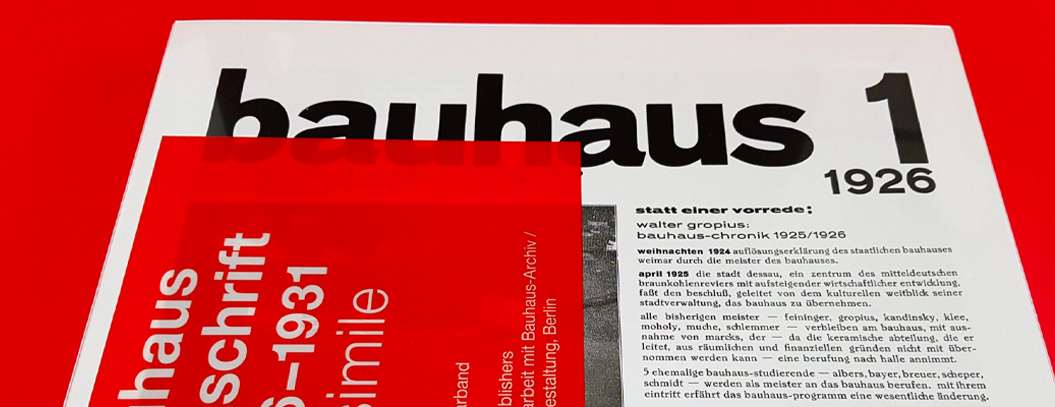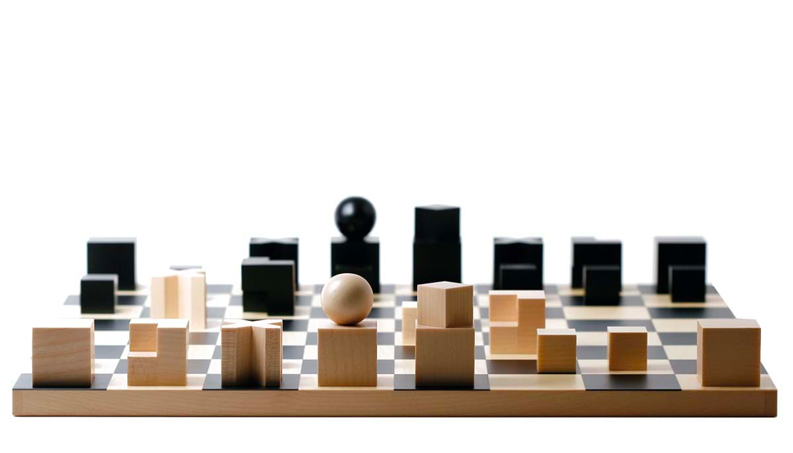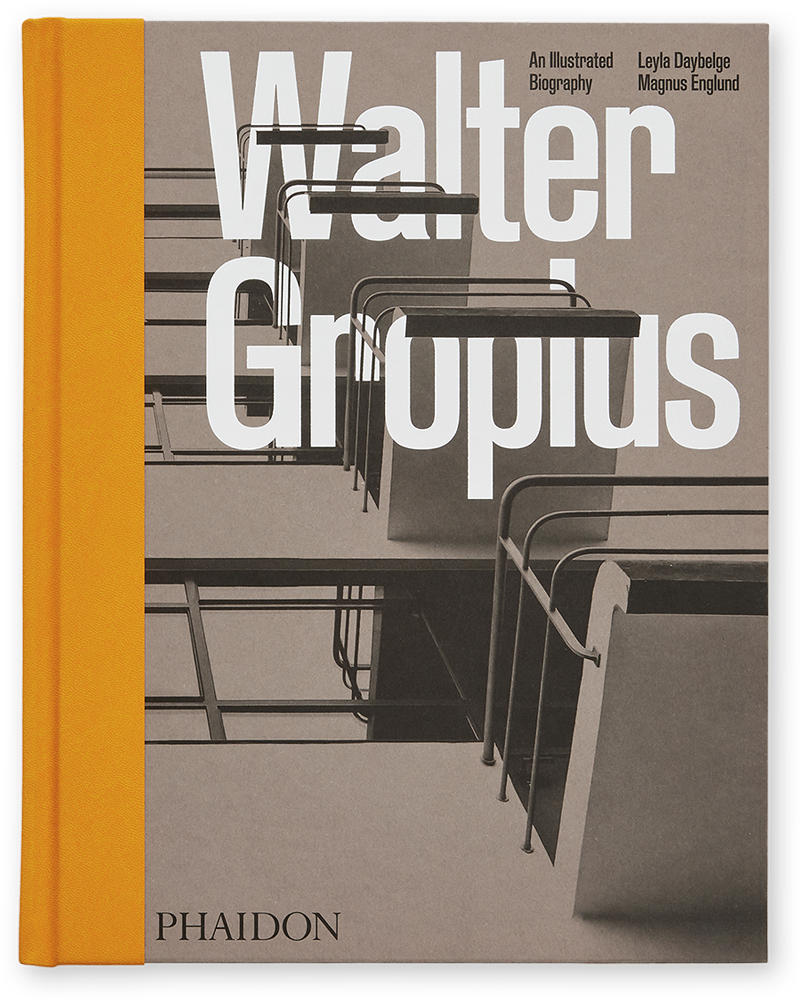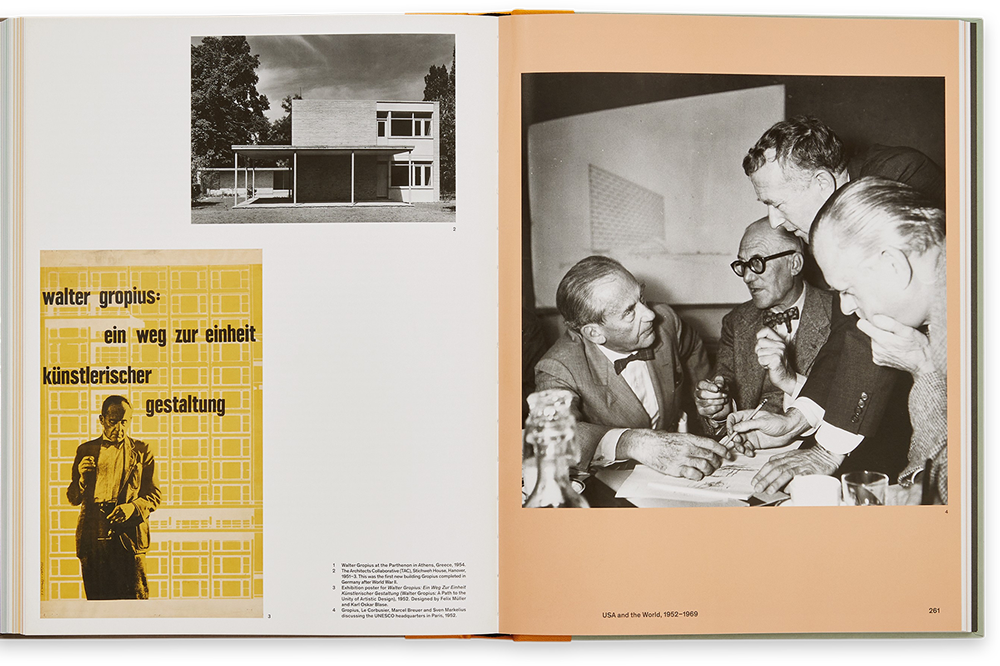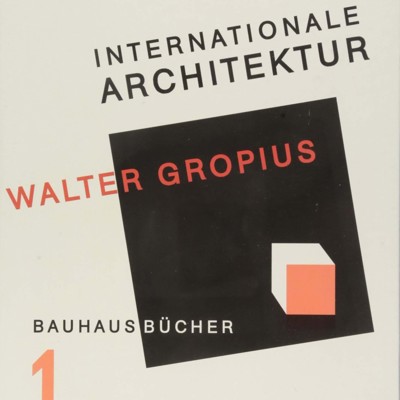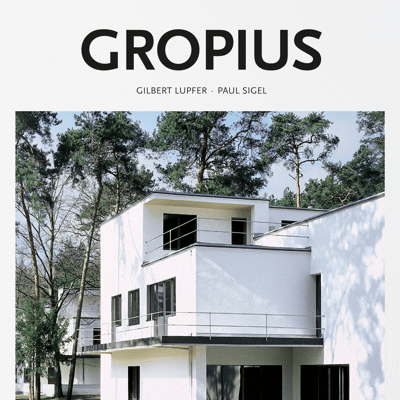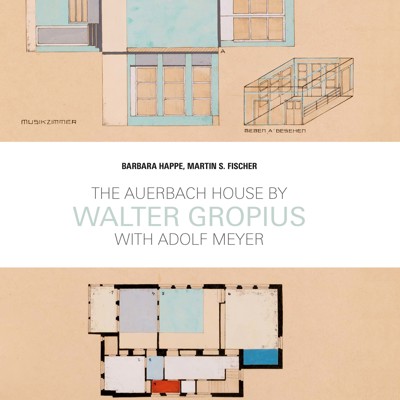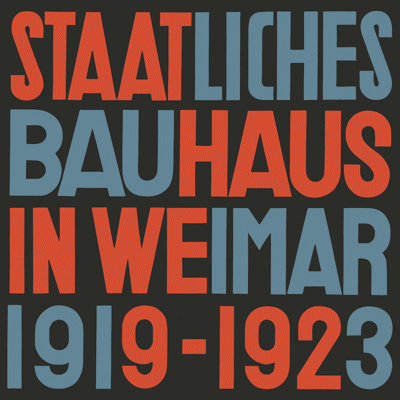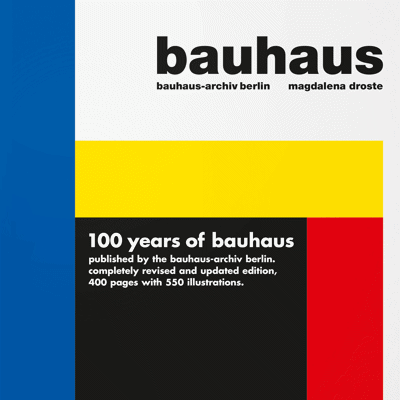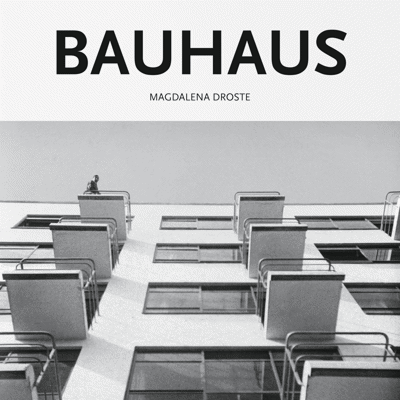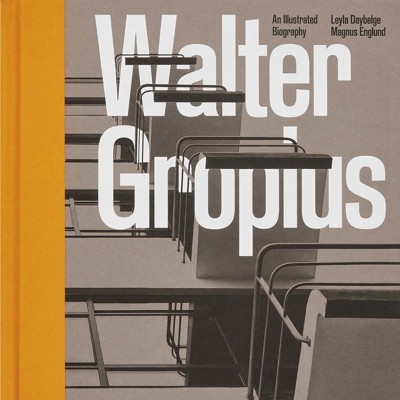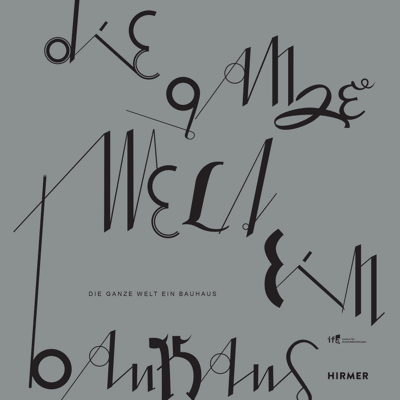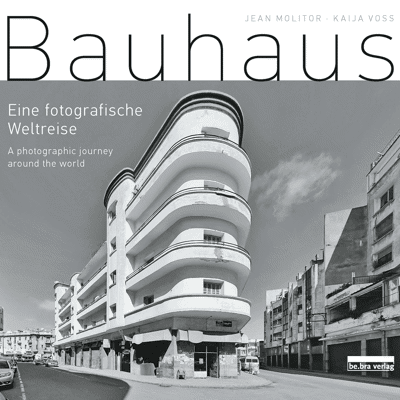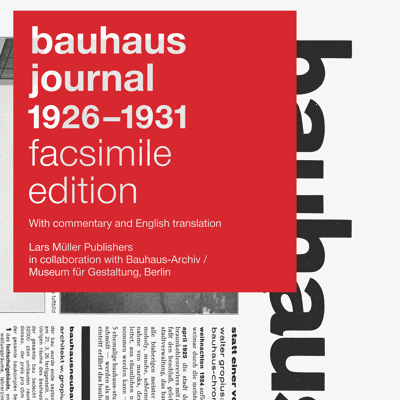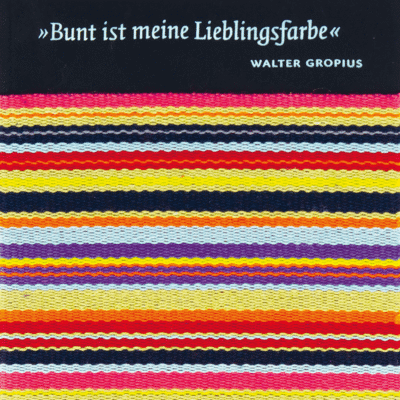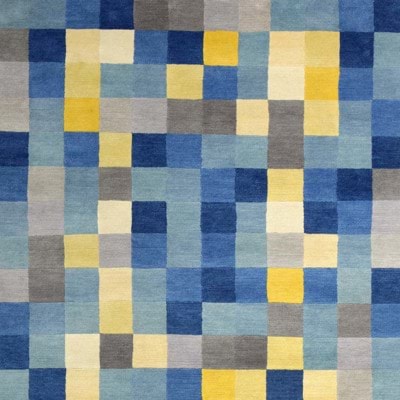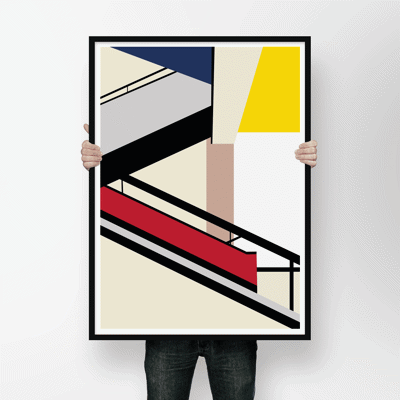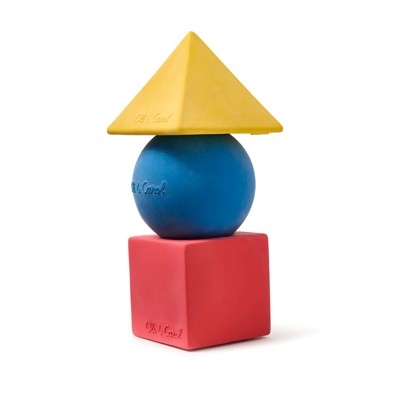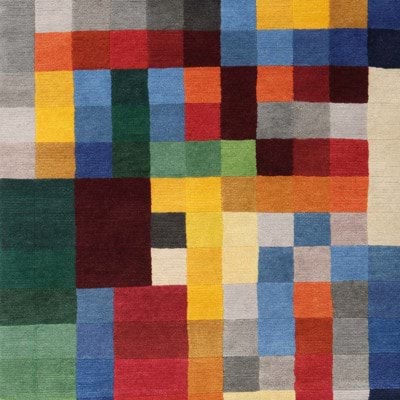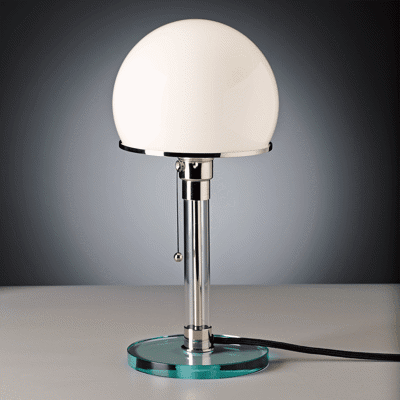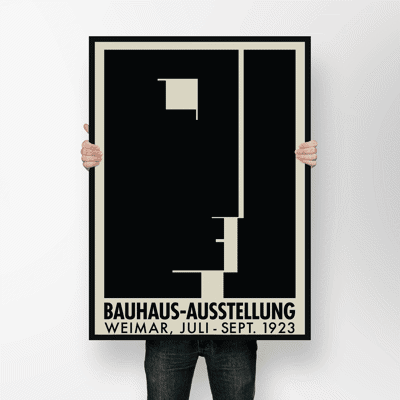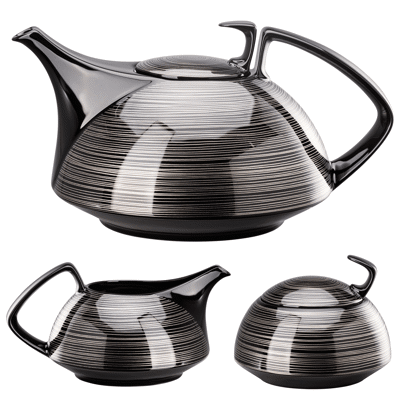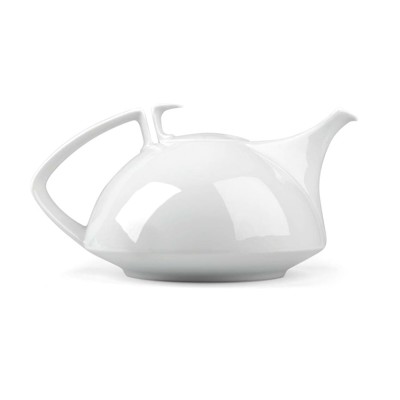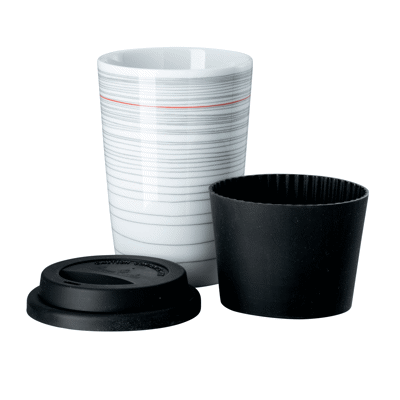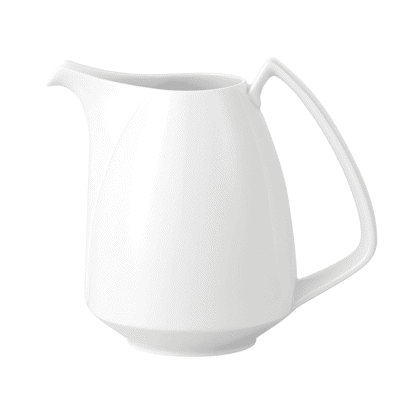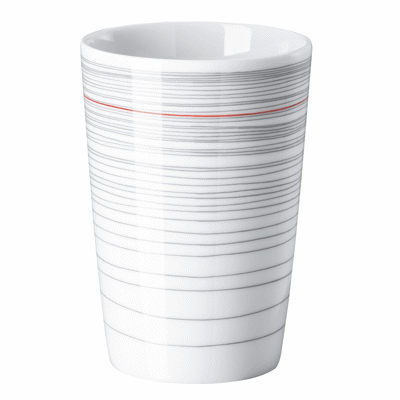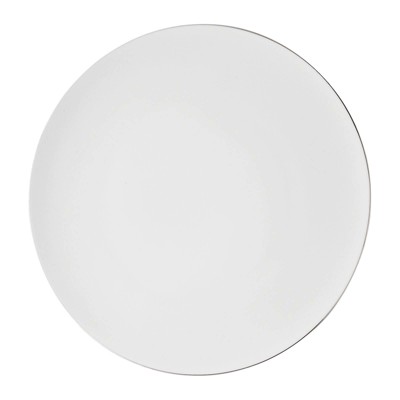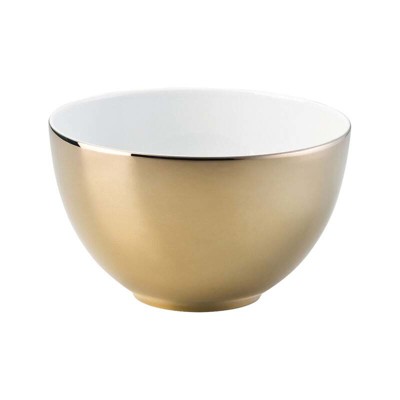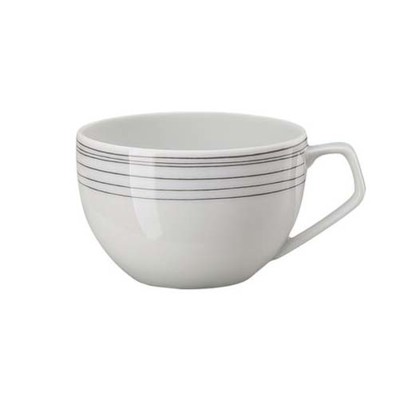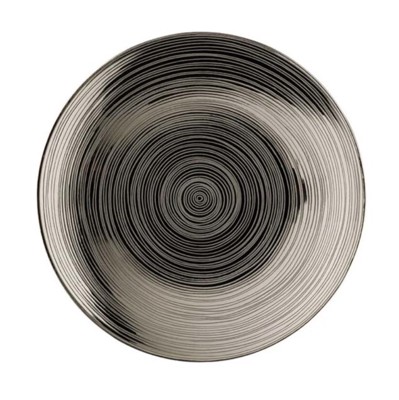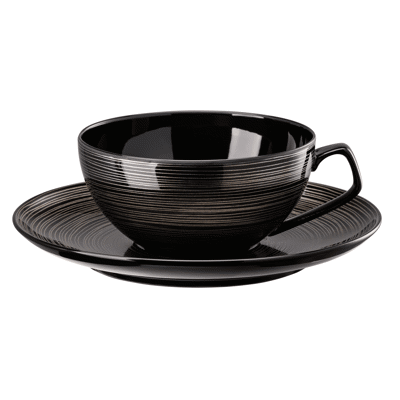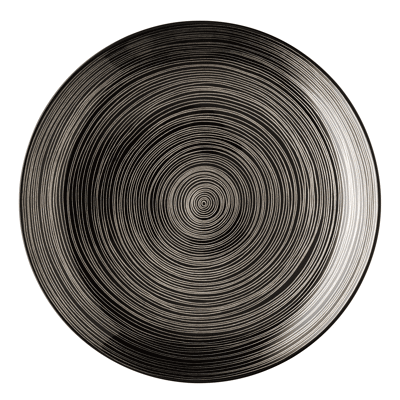

Walter Gropius
An Illustrated Biography
A stunning visual biography of the life of Walter Gropius, founder of the Bauhaus, and one of the world's most influential architects. This illustrated biography tells the story of Gropius's life, beginning with his shattering experiences in World War One, his turbulent marriage to the notorious Alma Mahler, the establishment of the Bauhaus, and the tragic death of their daughter Manon.
Founder of the Bauhaus
This is the first comprehensive illustrated biography of one of Modern architecture's most important figures. Features more than 375 illustrations including letters, telegrams, sketches, drawings, photographs, posters, brochures, and other ephemera. The authors present the life of Walter Gropius as not just a key figure of 20th-century architecture.
Bauhausbücher 1
Bauhausbücher 7
Gropius
House Auerbach by Walter Gropius with Adolf Meyer
Lotte am Bauhaus
State Bauhaus in Weimar 1919-1923
100 years of bauhaus
Bauhaus - Designs of the Time
Walter Gropius - An Illustrated Biography
Bauhaus Dessau Architecture
Bauhaus Museum Weimar
Haus am Horn
New Bauhaus Chicago - Experiment Photography
The Whole World a Bauhaus
Bauhaus - A photographic journey
Bauhaus Journal 1926-1931
Colorful is my favorite color - Walter Gropius
Futura. The Typeface
100 years of bauhaus
This book is made in collaboration with the Bauhaus-Archiv/Museum für Gestaltung in Berlin, the world’s largest collection on the history of the Bauhaus. Some 550 illustrations including architectural plans, studies, photographs, sketches, and models record not only the realized works but also the leading principles and personalities of this idealistic creative community through its three successive locations in Weimar, Dessau, and Berlin.
F51 Ground-Breaking Cube
In 1922/23 Gropius designed his strictly cubic director's room in Weimar with his own designs and those of
other Bauhäusler.
The reeditions of the Bauhaus models produced by Tecta are approved by
the Bauhaus Archive in Berlin and have the original Bauhaus signet of Oskar Schlemmer, master at the Bauhaus in Weimar and Dessau. The proportions of the Bauhaus models are exactly the same as those of the originals.
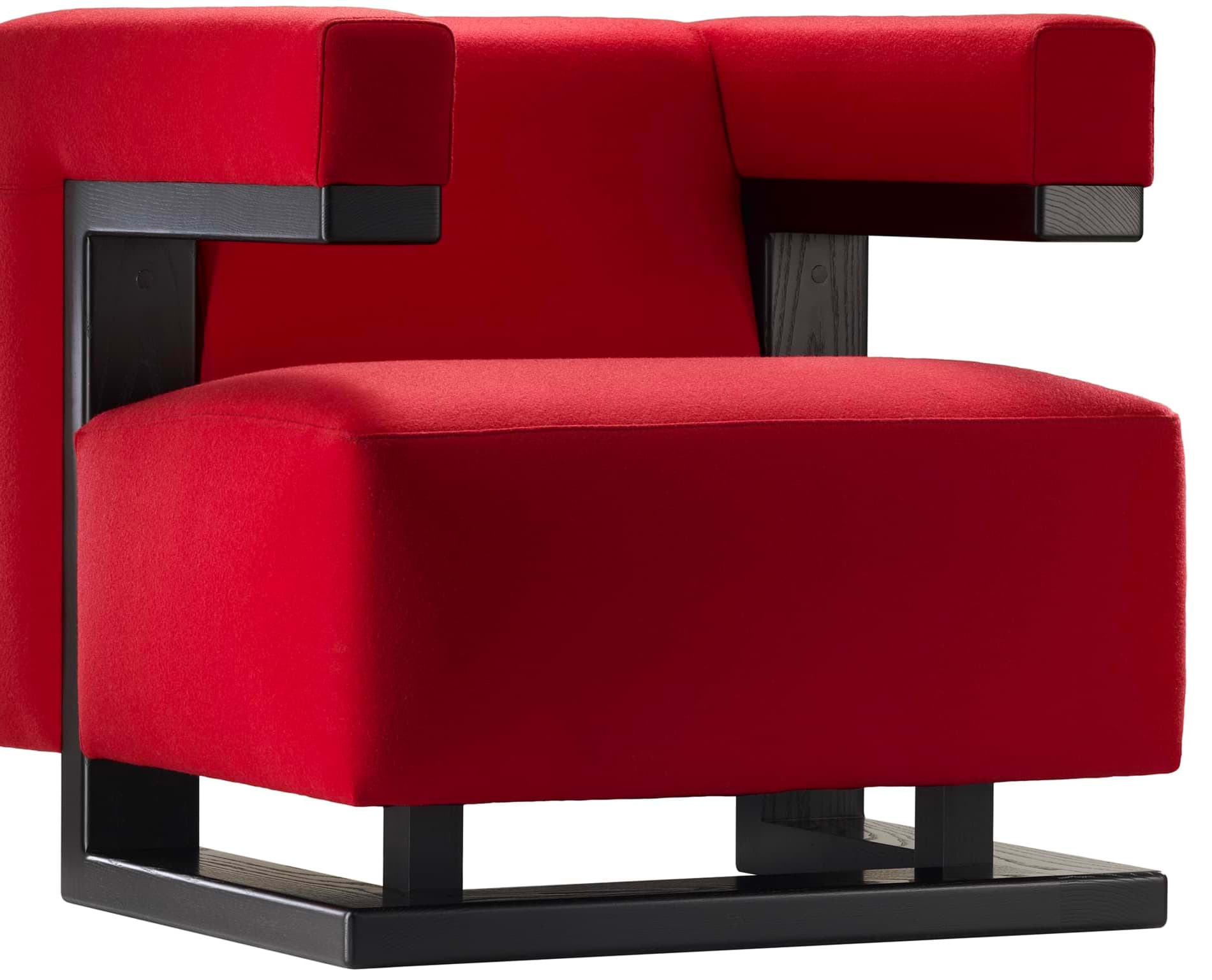
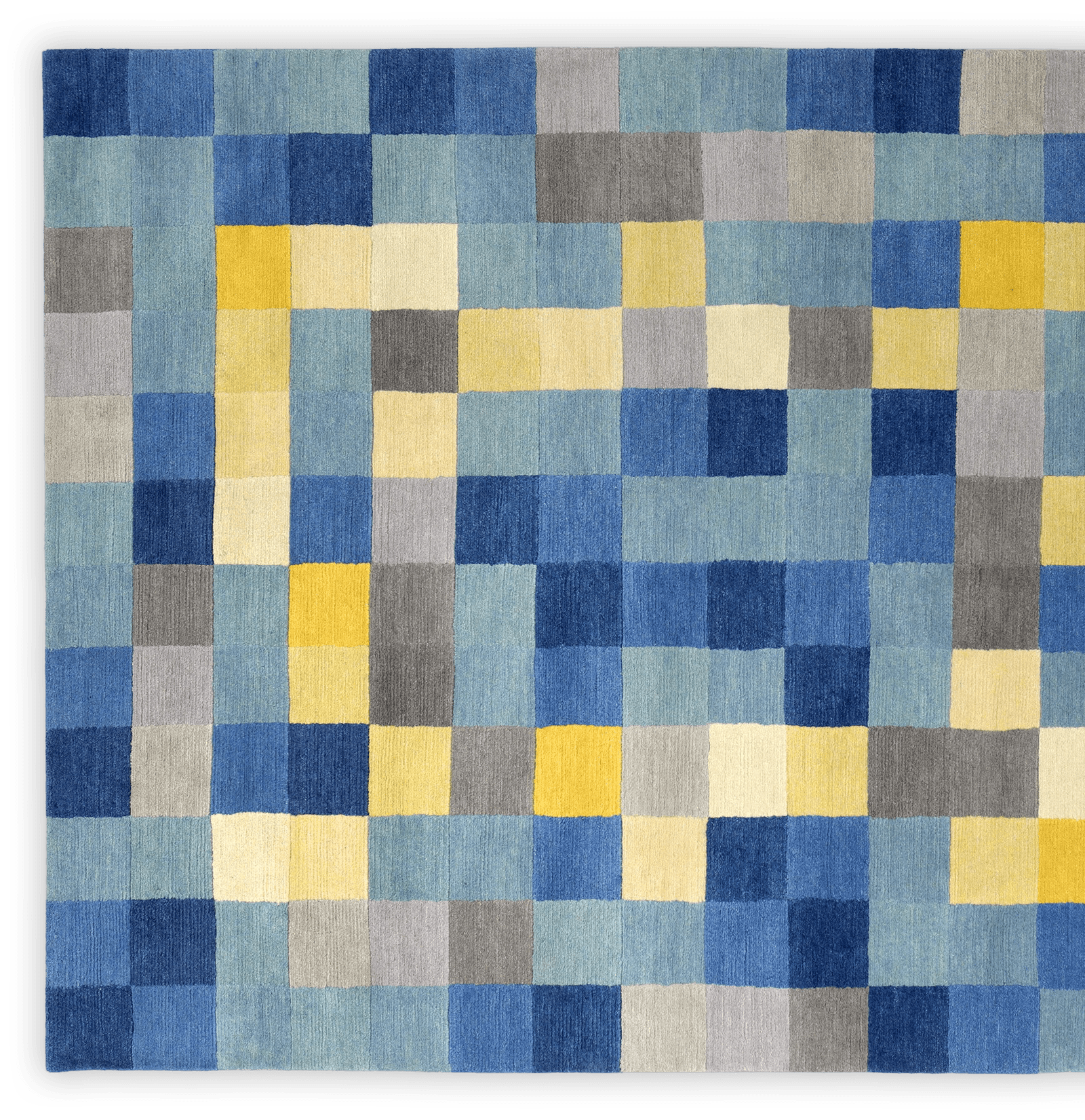
Bauhaus Design Carpet
An icon of German weaving and the Bauhaus is the Bauhaus carpet by Gertrud Arndt from 1924, because the single copy produced at that time was found in the office of the Bauhaus founder Walter Gropius in Weimar.
This director's office also served as a showroom where works from the various workshops were presented to visitors.
Walter Gropius Director's Room
The Director's Room by Walter Gropius is a remarkable example of the refined design and unique aesthetics
that characterise the Bauhaus style. As the founder and first director of the renowned Bauhaus school in Dessau, Germany, Gropius not
only created groundbreaking architectural works, but also placed great emphasis on interior design.
The Director's Room was a personal retreat for Gropius, serving as his workspace and place of inspiration. The
room was carefully designed to create a harmonious balance between functionality and aesthetic appeal. Gropius attached great importance
to clean lines, functional furniture and a minimalist atmosphere that corresponded to Bauhaus principles.
The space was characterised by a combination of natural materials and modern elements. One of the most
remarkable features of the director's room was Gropius' specially designed desk. It consisted of a simple but elegant wooden frame and a
glass top, which gave the room a feeling of lightness and openness.
The furniture in the
director's room were functional masterpieces of Bauhaus design. Folding chairs and flexible work surfaces allowed Gropius to adapt the
room to his needs and support different working modes. The colour palette was predominantly neutral, with occasional accents in bold
primary colours that were characteristic of the Bauhaus style.
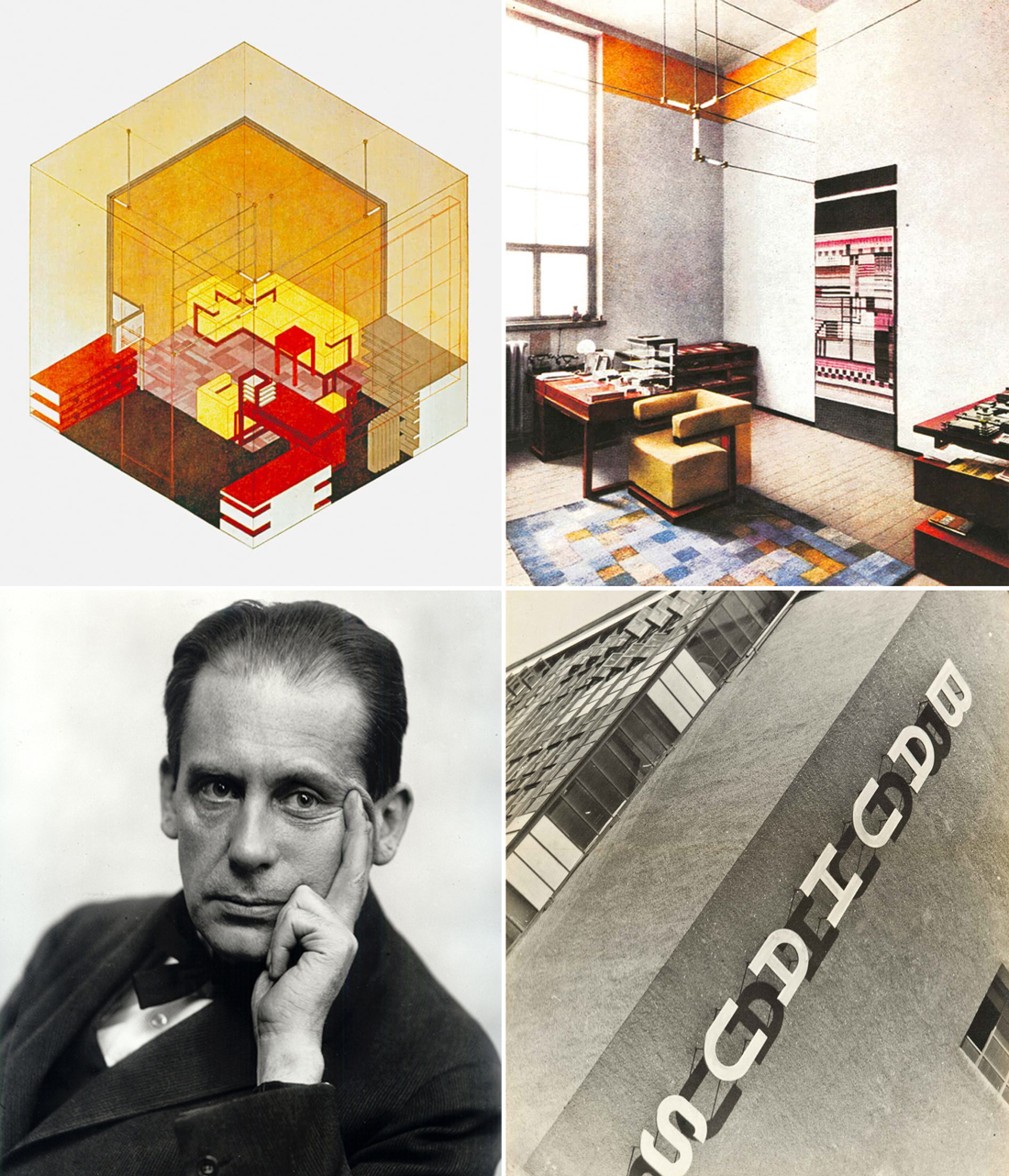
The architect who rewrote the rules
Walter Gropius began his architectural studies at the Technical University of Munich and later continued at the University of Charlottenburg-Berlin, which he left without a degree in 1908. In the same year, he joined the office of Peter Behrens and worked there with other up-and-coming architects such as Ludwig Mies van der Rohe, Le Corbusier and Dietrich Marcks.
After two years with Behrens, Gropius founded his own architectural and industrial design practice in 1910. During this time he designed wallpaper, mass-produced interiors, car bodies and even a diesel locomotive.
The Fagus factory in Alfeld an der Leine, which he designed together with Adolf Meyer, became his first major architectural work. The factory building with its transparent façade of steel and glass is considered a forerunner of the movement later known as "Modern Architecture", which eventually gave rise to "New Building" or "New Objectivity" in the 1920s. The Fagus factory was declared a UNESCO World Heritage Site in June 2011.
After the First World War, Gropius became a founding member of the Bauhaus. In 1919, he took over the direction of the Grand Ducal Saxon College of Fine Arts in Weimar and renamed it the "State Bauhaus in Weimar". Gropius was director in Weimar until 1926 and then in Dessau. Ludwig Mies van der Rohe followed him as director and led the Bauhaus until its closure in 1933. Due to a smear campaign by the National Socialists, who defamed the Bauhaus as a "Marxist church", Gropius emigrated to England in 1934. In 1937, he moved to Cambridge, USA, where he became a professor of architecture at Harvard University.
Bauhaus Rug No. 2 Gertrud Arndt
Bauhaus Staircase
Colorful is my favourite Colour
Colourful is my favourite Colour
Floating Blocks
I AM BAUHAUS
Bauhaus Rug No. 1 Gertrud Arndt
Wilhelm Wagenfeld table lamp WG 24
Bauhaus Exhibition 1923
Timeless Elegance in Porcelain
Discover the timeless elegance of the Walter Gropius TAC collection by Rosenthal. The minimalist design and clear lines of the porcelain tableware reflect the architectural principles of the Bauhaus founder. Learn more about the functional aesthetics and individual design possibilities of this renowned tableware collection.
TAC Stripes Tea set
Tea Pot TAC by Walter Gropius
Tea Pot TAC by Walter Gropius
Travel mug TAC Walter Gropius
Jug TAC Walter Gropius
Mug without Handle TAC Walter Gropius
TAC PLATIN Plate
TAC SKIN GOLD Bowl
TAC STRIPES 2.0 Mug
TAC STRIPES 2.0 Plate Titan
TAC Stripes Cup & saucer
TAC Stripes Plate
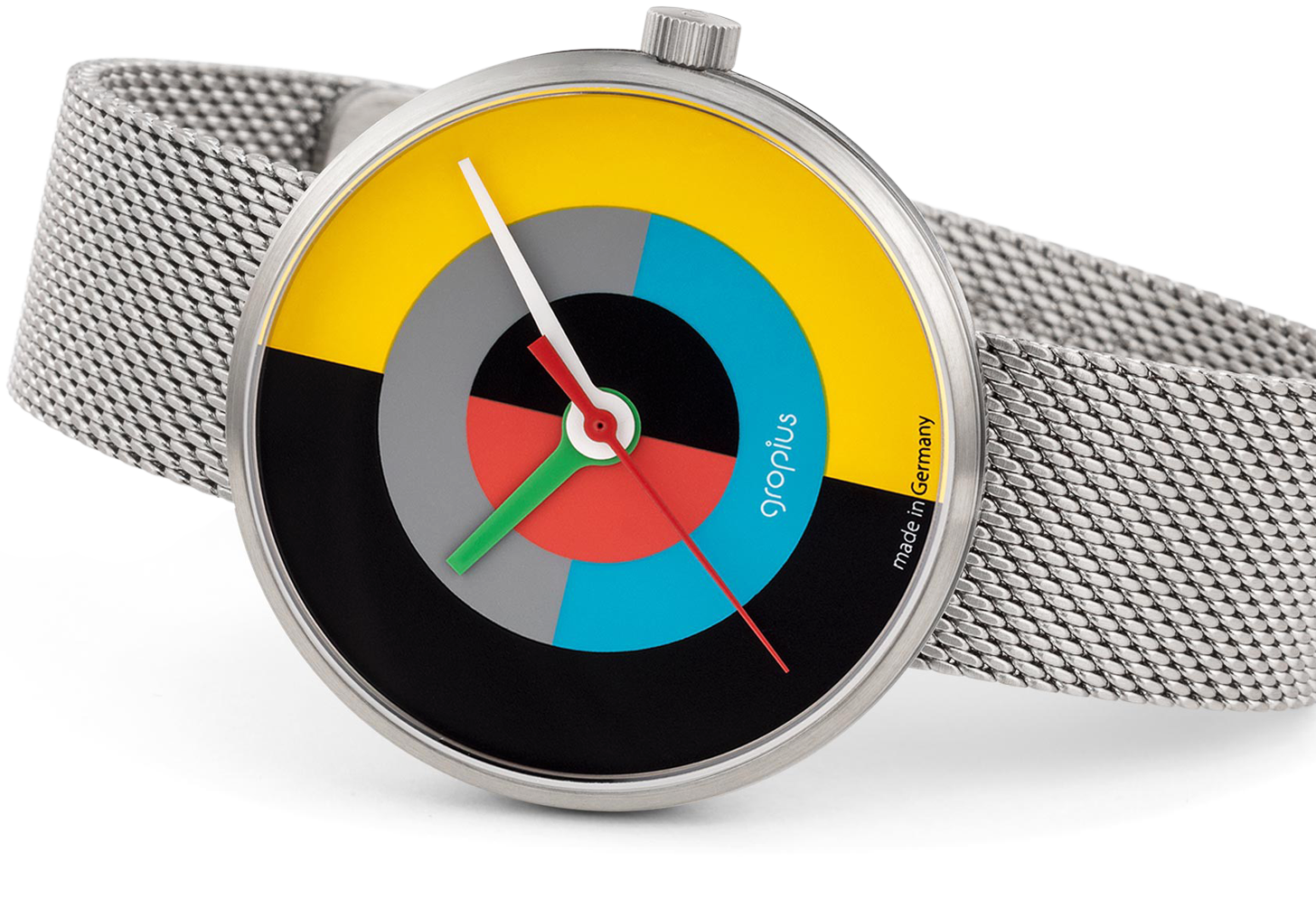
Discover the Bauhaus
Modern design is all about simplicity and functionality and can be found in many products we're
using on a daily basis.
Learn how the Bauhaus Movement influenced design history with
its emphasis on theory and practice as taught by the masters.

